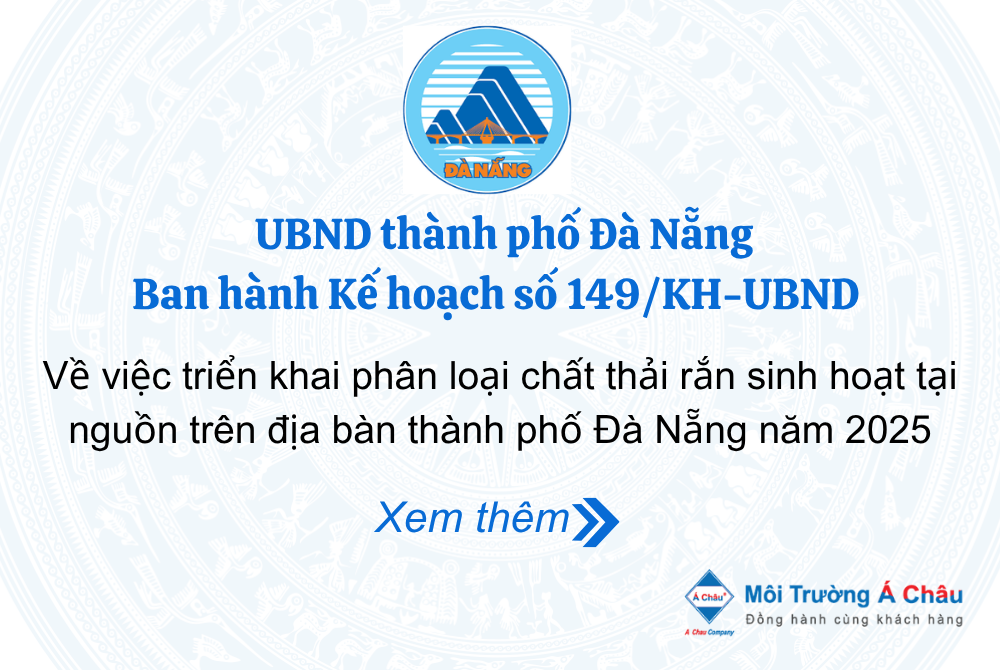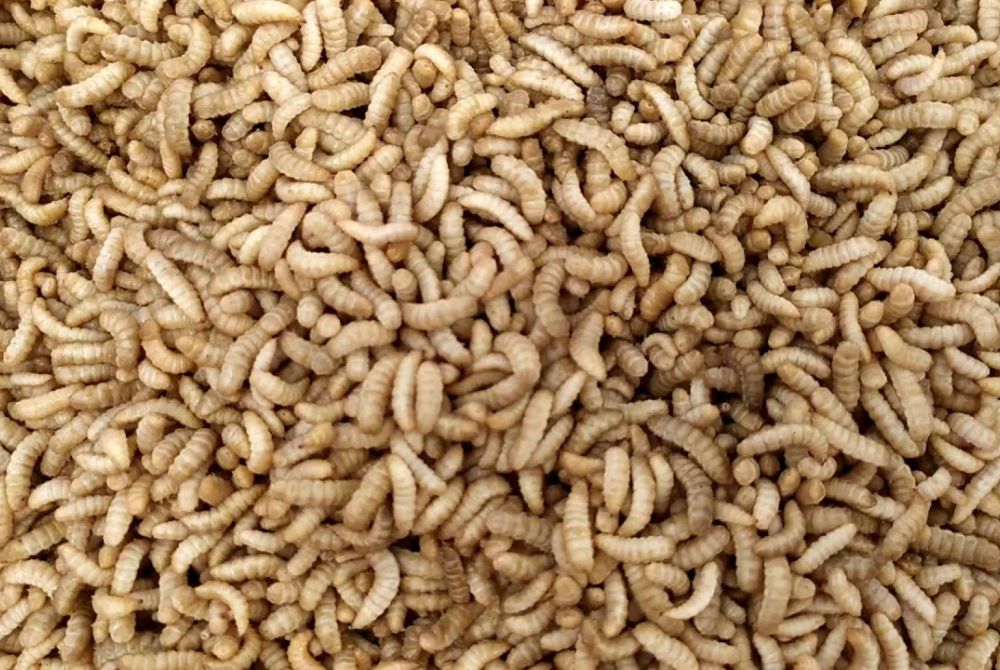Reduce environmental pollution in agriculture
The abuse of pesticides and fertilizers, which increase waste in agricultural production, negatively impacts the soil, water, air, health and lives of people in many localities across the country.

The farmers of Rờ Kơi, Sa Thay district, Kon Tum province, dumped the shells in the prescribed place.
Over the years, our agricultural industry has continued to grow based on advantages, moving to commodity production and ensuring national food security. However, agricultural production has created environmental pressures from using chemicals in farming, surplus feed in livestock, and post-harvest sludge treatment...
Unbalanced chemical fertilizer usage, low organic fertilizer use, microbial fertilization time, and non-scientific and spontaneous fertilizing methods all contribute to environmental degradation, ecological imbalance, soil acidity, and productivity loss in farmland.
Along with the usage of fertilizers and the growth of pesticides, the amount of solid waste from agriculture, particularly plant protection packaging, is swiftly and unpredictably expanding. Although many municipalities have constructed packaging tanks and plant protection shells at the field's end, the number of tanks does not meet the requirements, and large amounts of packaging waste are still dumped directly in the fields, posing a risk of pollution of the soil environment, groundwater, and surface water.
According to MONRE statistics for 2021, the total amount of solid waste generated in agriculture in our country is approximately 661,5 thousand tonnes, including 550 thousand tons of waste nylon, 77.49 thousand tons of waste packaging, fertilizer, and 33.98 thousand tons of waste pesticide.
In addition, solid waste from livestock, cattle, and poultry production generates approximately 6.93 million tons and 77 thousand tons of plastic waste from food bags; aquaculture generates 880,000 tons of waste, 273 thousand tons of food packaging and other waste.
The quota burning of the sludge after harvesting produces CO, NO, and acceptable dust gases... which adversely affect human health and the safety of road users.
As per environmental specialists, breeding and farming have untreated waste into the environment, which has had serious effects for the ecology and human health.
Notably, in aquaculture areas, especially deep and semi-deep shrimp areas, the quality of land, water and ecosystems is severely altered by degradation and pollution. The water quality in these areas has indicators of organic pollution such as BOD, COD, nitrogen, phosphorus, and higher than permitted.
The issue is attributed to a lack of planning in production, agriculture, forestry, and fishery processing, non-compliance with environmental protection laws, and inappropriate waste disposal and policy systems, particularly in animal wastewater, fishery farming, slaughter facilities, and fisheries processing.
Many municipalities are hesitant to address plastic waste, requiring increased economic incentives to encourage consumer participation in recycling, reusable packaging, plant protection, and ecological production technology.
As reported by Nguyen Giang Thu, Deputy Director of Science, Technology, and Environment (Department of Agriculture and Rural Development), the agricultural sector has taken the lead in implementing plans for reducing, collecting, segregating, and reusing plastic waste.
The Ministry of Agriculture and Rural Development has conducted investigations into the environmental impact of plastic waste in agricultural production, proposed solutions to control pollution, developed a data set on plastic waste within manufacturing, constructed pilot models for managing plastic waste collection, and raised awareness and changed behavior among regulatory agencies, organizations, individuals, and citizens.
Environmental experts urge ministries, sectors, and localities to improve regulatory systems for agricultural and rural environmental standards, enhance response capacity to environmental incidents, promote propaganda, and disseminate legislative texts on environmental protection, particularly in waste collection and disposal in local areas and agricultural activity.
On the other hand, local authorities focus on directing the authorities to promote inspection and inspect production and business activities in the agricultural sector; coordinate closely and effectively with the specialized environmental inspection forces in the fight against violations of environmental protection laws in agricultural production; encourage people to make the most of agricultural by-products as fertilizer for crops; develop, reproduce solutions, eco-friendly production models, apply waste treatment technologies to reduce environmental impact in the production process...
Source: The People Newspaper from Vietnam













